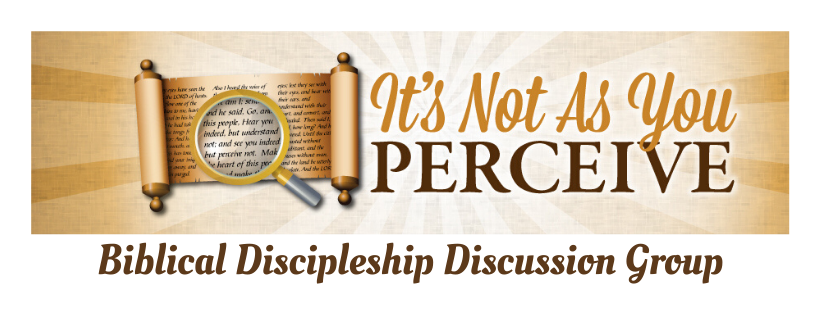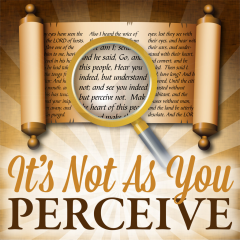
Shalom and Welcome to It’s Not as You Perceive
I’m Hilary Thomas.
I presently live with my husband in Texas. I enjoy being a wife, mother to my three adult children, and grandmother to my three grandchildren. Most importantly, I am a servant and disciple of Yehoshua Messiah (aka Jesus Christ).
Twelve years ago I began the “It’s Not As You Perceive” online ministry and I at first created discipleship content in the form of blogs and podcasts. Three years later, however, I was asked by my listeners and followers to start a discipleship program I of course did. As a result, I began developing a curriculum and ultimately launched the INAYP Biblical Discipleship Program, primarily geared toward the women of Hebrew Roots. This interestingly enough evolved into an international student base.
As a Life Long Learner, I personally completed an Intermediate level of study in Biblical Hebrew through the Hebrew University in Israel. I also am a Certified Strategic Intervention Life Coach through the Robbins Madanes Training Center. Therefore, I also provide life coaching to my discipleship students from a uniquely Messianic Hebraic perspective. In addition, I have been a frequent speaker at various Hebrew Roots conferences and Church of God Feast Keepers congregations.
This website ministry is specifically geared to true Hebrew Roots/Messianic/Christian discipleship (i.e., the way of life that Yeshua Messiah taught and modeled to His disciples). This way of life is what the half-brother of Yeshua and apostle, Jude, identified as “The True Faith Once Delivered” (Jude 1:3).
Consequently, this ministry is not affiliated with nor is it derived from any mainstream Christian denomination. The principles contained therein are based solely on Scripture (i.e., the whole bible). Many supporting elements of these teachings are not found in the 66-book Christian Bible, but rather, they are found in extra-biblical, Hebraic works and reference materials. Therefore, many of the deeper Messianic and Hebraic principles that I cover in my teachings are also supported by these extra-biblical resources.
I humbly invite you to peruse this website at your leisure. I welcome any inquiries and questions related to this website’s content using the various communication platforms mentioned on our “contact us” page.
And for those of you who are especially led to take your learning to a much higher and deeper level, I would encourage you to consider enrolling in my Discipleship Training Program. Simply reach out to me via email and I will forward you the needed enrollment information.
Shalom,

Hilary Thomas
Speaker, Teacher, Writer, Coach
